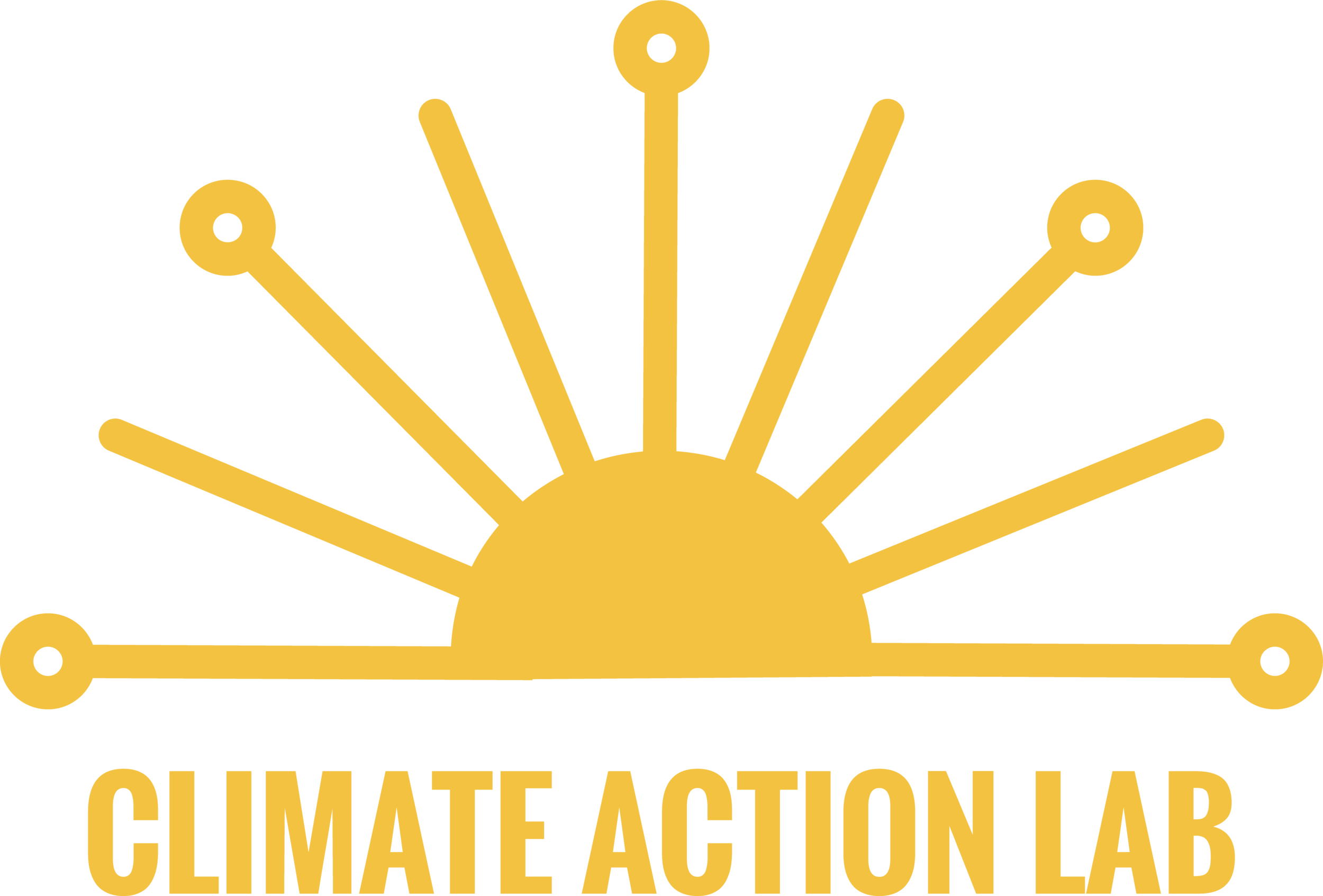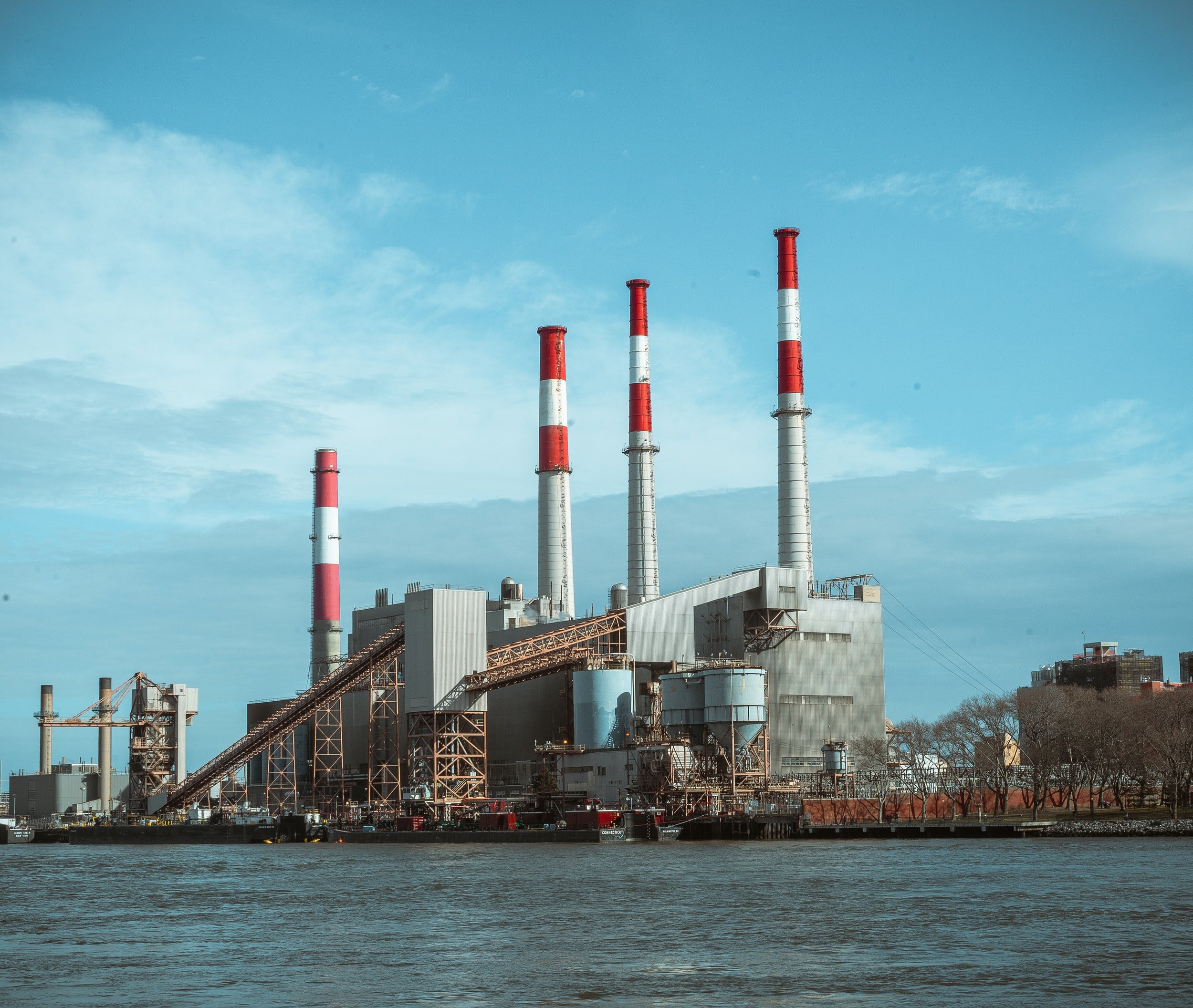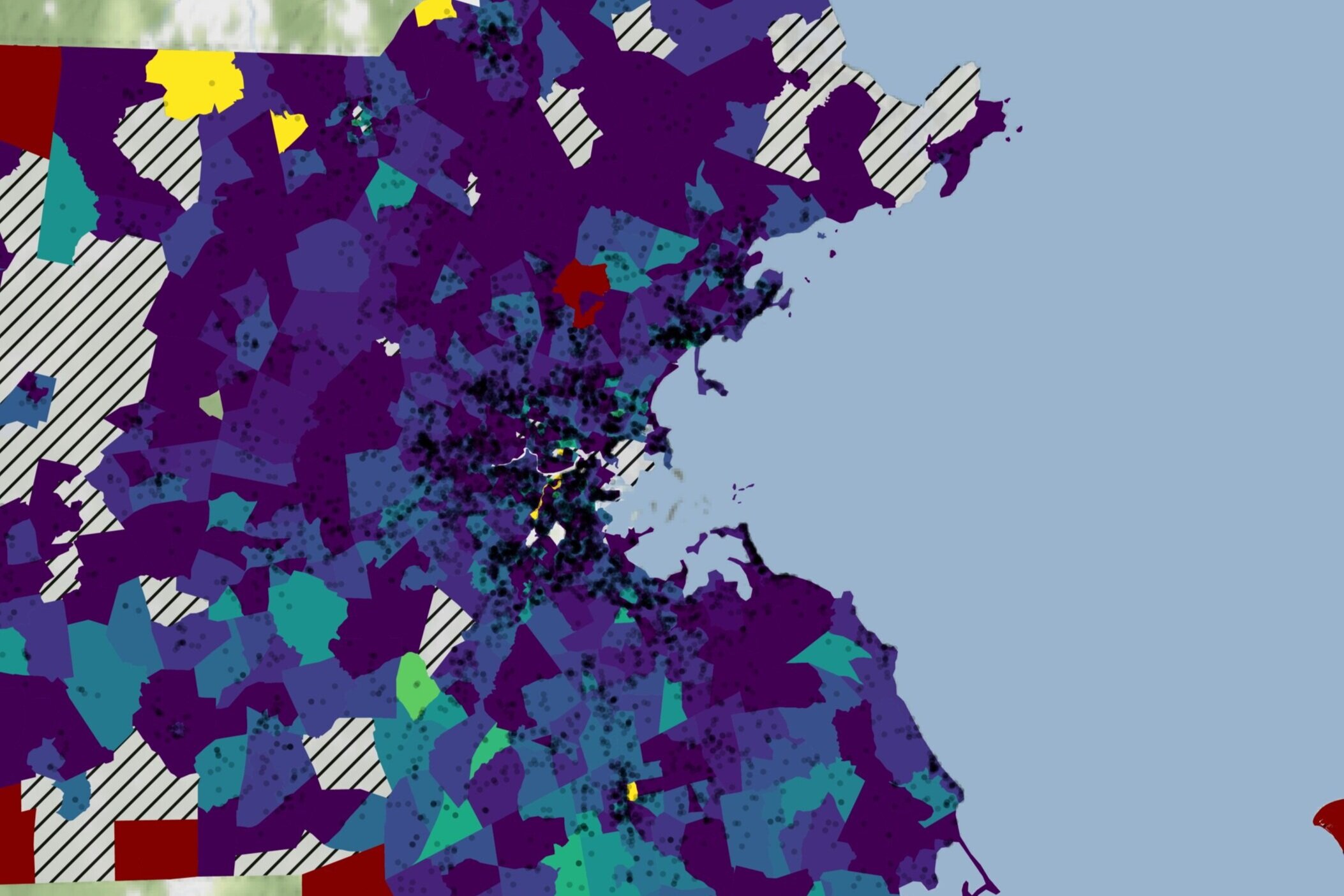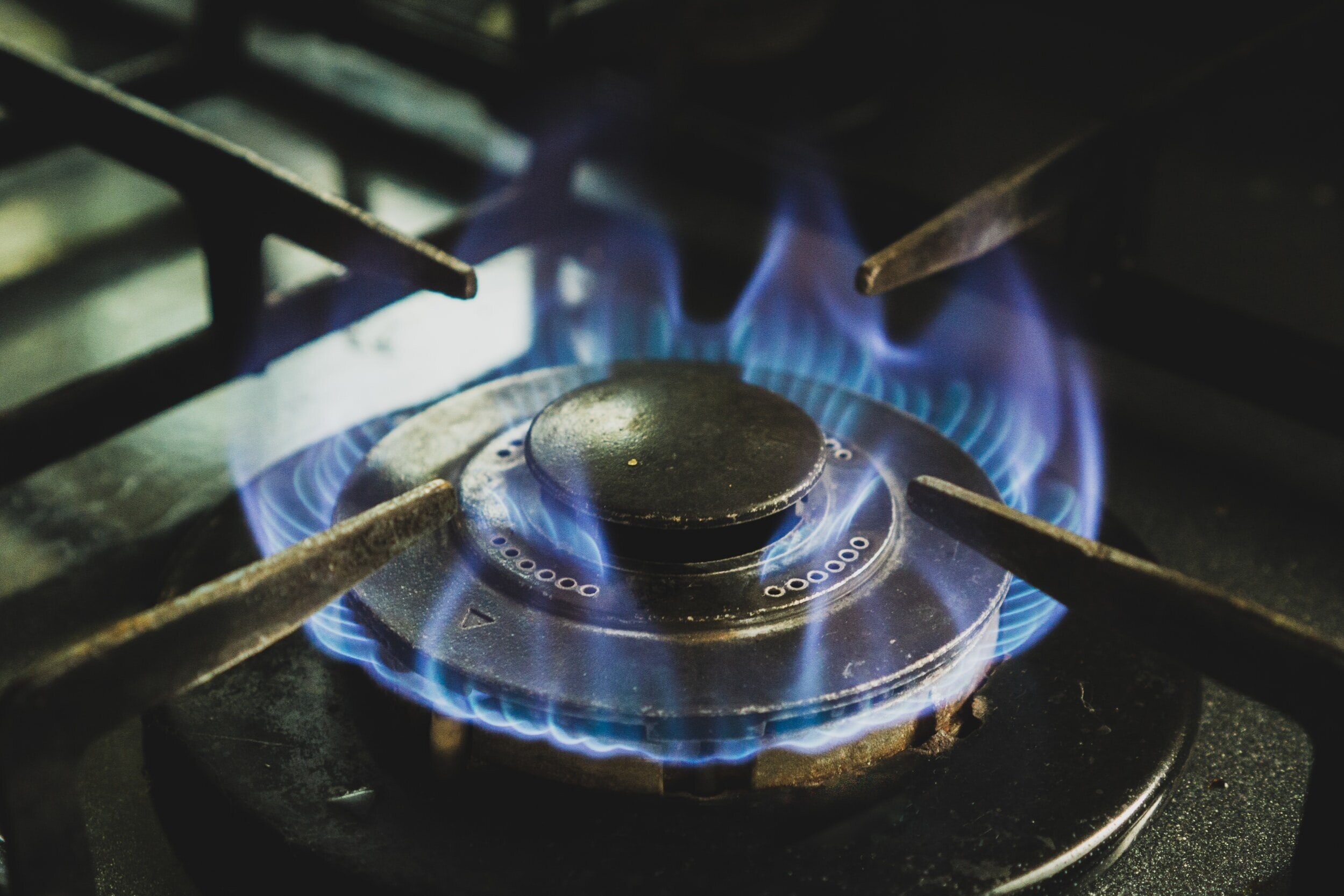Gas leaks and pipelines
Overview
Natural gas poses both public safety and climate risks. It emits carbon dioxide (CO2) when it is burned in power plants and home appliances such as furnaces, water heaters, and stoves. Unburned gas is primarily methane (CH4), a potent greenhouse gas that traps 86 times as much heat as CO2 over a twenty year period. This project focuses on strategies for (1) fixing leaks in natural gas systems and (2) accelerating transitions away from natural gas to low-carbon electricity and direct heating.
Our previous work in this area focuses on Massachusetts. As in many states in the Eastern U.S., pipelines in Massachusetts are old and leak-prone. Gas leaks pose public safety risks and account for 10% of the state’s total greenhouse gas emissions, potentially jeopardizing state climate goals. More recently, we are exploring inequities in heat pump adoption and pipeline replacement and policies to support just energy transitions.
Explore our analysis of repair outcomes here.
Approach
This project uses mixed quantitative and qualitative methods. We analyze large public datasets on natural gas pipelines, leaks, and repairs; measure gas leaks in the field; and interview local experts and community members. More recently, we are exploring inequities in heat pump adoption and pipeline replacement and policies to support just transitions for direct heating. This is collaborative work with researchers in air quality, law, and economics as well as community groups in Massachusetts.
What we’ve found
High rates of repair failures
We identify over 10,000 repair failures in our state-wide data analysis, representing 20% of repairs during the study period. On-site measurements of a sample of high-emitting leaks suggest that over half of repairs do not fully eliminate leaks.
Presence of “super-failures”
Natural gas systems are characterized by super-emitter behavior, where a small number of elements throughout the supply chain contribute the bulk of total emissions. Our analysis shows there are also “super-failures” — locations where leaks are repaired over and over again.
Role of data transparency
Our results highlight the importance of data transparency in climate policy. Utilities in Massachusetts are required to publicly report leak and repair activity, but this is not the case in many states. More data reporting can help us track progress on local climate action.
What’s Next
Transitioning off gas towards electrified or low-carbon home heating technologies presents energy justice challenges. Our new projects focus on mapping inequities in heat pump adoption across the U.S. and developing community- and state-level strategies for managed phaseout of natural gas distribution pipelines.




